For every game developer and publisher, choosing the right game engine is crucial to success.
All indie developers, hobbyists, and even large studios should know what kind of computer you need for different game engines.
In the video game industry, Unity, Unreal, and Godot are three popular game engines, and they differ not just in features but also in terms of the hardware required.
Mastering all the knowledge below can help you easily choose the most suitable tools for your upcoming game.
Overview of Game Engines
Video game engines are used for creating successful video games.
In this part, we will learn about three popular game engines: Unity, Unreal Engine, and Godot, and see what makes them stand out.

1. Introduction to Unity
In the gaming industry, Unity is a widely used game engine because many developers use it to make mobile games and indie games.
Even though it’s beginner-friendly, Unity is still very powerful.
Thus, experienced developers can use Unity to design games that are more complex and visually impressive.
Unity is very useful because it can be compatible with multiple platforms, allowing you to develop games for various devices.
So, you can make games for mobile phones, virtual reality (VR), augmented reality (AR), personal computers (PC), and gaming consoles like PlayStation and Xbox.
This flexibility makes Unity an excellent option for any developer interested in game development.
2. Introduction to Unreal Engine
Unreal Engine is an intense game engine many game publishers use to make awesome games and movies.
It is famous for having nice graphics that make games look authentic and beautiful.
Additionally, Unreal Engine has a unique technology called ray tracing.
Games created by ray tracing can have natural light and shadows, which makes the graphics look better and the game more realistic for players.
It also has Nanite, so any game developer can make places in games look very detailed.
3. Introduction to Godot
Godot is a game engine that many people like to use because it is free and open-source so anyone can use it and make good games.
Godot can create both 2D and 3D games, which is fantastic.
Another benefit of this tool is it is lightweight, so it works well on many computers.
So, Godot is an excellent choice for indie developers who want to make fun games without needing professional equipment.
Additionally, Godot can make games for different platforms, like computers, phones, and consoles.
It is also easy to learn, so beginners can make games quickly.
Unity: PC Requirements
In this section, let’s learn the hardware specifications and Unity’s requirements for making a video game.
1. Minimum and Recommended Hardware Specifications
Unity requires a computer with a processor, at least 4 GB of RAM, and a GPU compatible with DirectX 11 or Metal to run effectively.
If your computer can meet the requirements above, it will let you make simple games.
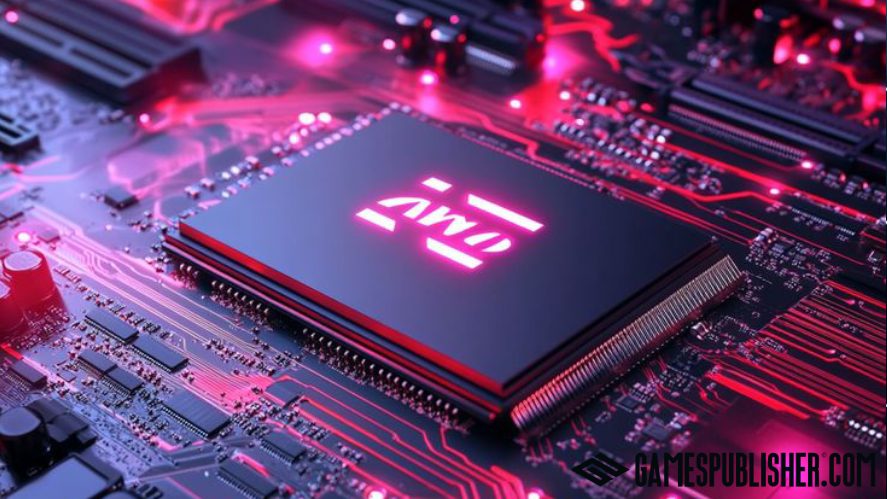
But you need more robust hardware if you want Unity to work even better, especially for high-res texture work, large project sizes, and heavy rendering tasks.
Developers should have a processor with at least 8GB of RAM or more and a good graphics card like an NVIDIA GeForce GTX 1060.
This way, Unity will run smoothly, even for bigger games.
2. How Unity Scales with PC Power
Unity is a great game engine because it can work on many types of computers, even those that aren’t very powerful. This means lower-end systems can still create fun games.
Thus, Unity lets developers adjust settings so the game can run well on different computers.
When you create games, the size and quality of your assets are important because they play a significant role in how well the game runs and performs.
For mobile games, you need to use smaller textures and models to run smoothly because mobile devices have less power.
About PCs or consoles, you can use more extensive and more detailed assets.
But if you use too many considerable assets, even robust systems might slow down.
3. PC Requirements for Different Unity Versions
The system requirements for Unity have changed quite a bit from Unity 2019 to the newer versions, Unity 2022 and 2023, so it’s essential to understand these differences to ensure your computer can run the engine smoothly.
In Unity 2019, you needed a 64-bit processor, 4 GB of RAM, and a graphics card that supported DirectX 11. This was enough for simple games.
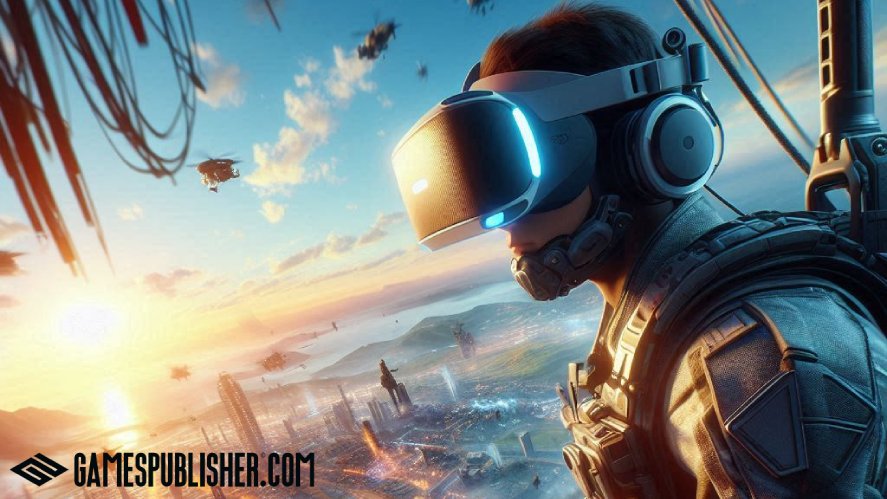
In Unity 2022 and Unity 2023, the system requirements have become higher, meaning you need a more powerful computer to run these versions effectively and enjoy all their new features.
Since these years, you need at least 8 GB of RAM for better performance, especially for larger projects.
For graphics-intensive projects like virtual reality (VR), a more powerful graphics card, like the NVIDIA GeForce GTX 1060, is recommended to handle the fantastic graphics.
So, as Unity has improved, the requirements have also grown to help developers make even better games.
Unreal Engine: PC Requirements
Unreal Engine is a powerful game development tool that enables creators to design impressive and highly detailed video games with advanced features.
Let’s find out what you need to run Unreal Engine and see how it works on different types of computers.
1. Minimum and Recommended Hardware Specifications
Unreal Engine minimum requirements require at least a 64-bit processor, 8 GB of RAM, 256 GB of storage, and a graphics card that supports DirectX 11.
You should have at least a quad-core processor and 16 GB of RAM or more to use the advanced Lumen and Nanite features and better performance.
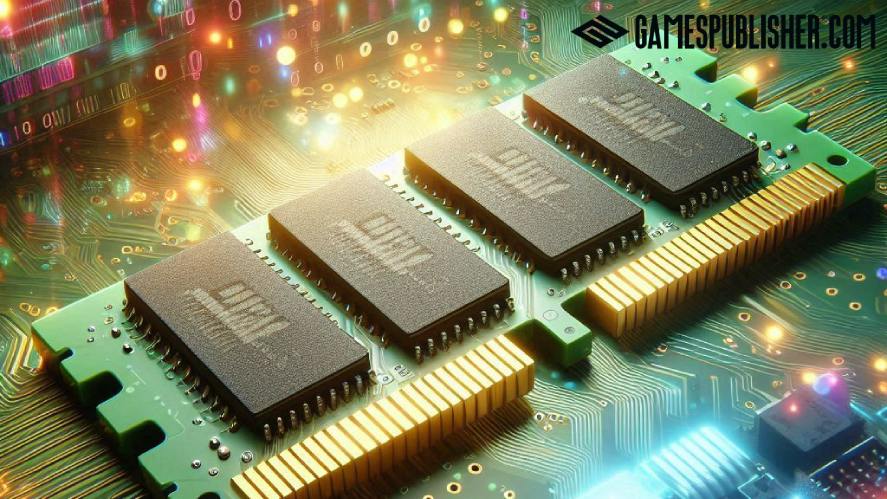
Likewise, you need a powerful graphics card like the NVIDIA GeForce GTX 1070 and ensure your drivers are updated to at least NVIDIA 496.76+.
These advanced features help any video game publisher create amazing graphics but require more robust hardware.
2. How Unreal Utilizes Hardware
Unreal Engine works well with high-end gaming PCs and workstations because it has multi-core solid processors that help run multiple tasks simultaneously, making games smoother and faster.
Additionally, good graphics cards make the game look unique and realistic.
Moreover, SSDs can make games load fast, so you can start quickly.
But if your computer isn’t very strong, high-resolution assets can make compiling times and scene building slower and take longer.
This can make game development more challenging on less powerful computers.
3. The Effect of Engine Versions on Hardware Requirements
Unreal Engine 4 and Unreal Engine 5 differ in how much power they need from computers.
Unreal Engine 5 has new features like Nanite and Lumen, which make games look amazing.

But these features need more vital computers to work well.
Developers need good graphics cards and fast processors for real-time lighting and big worlds.
So, if you want to use Unreal Engine 5, you should have better hardware than what was needed for Unreal Engine 4.
Godot: PC Requirements
Godot is a great video game engine that helps you develop your games.
It works pretty effectively on different computers, including even the ones that aren’t very powerful.

1. Minimum and Recommended Hardware Specifications
Godot is a game engine that can work on computers with simple parts.
To use Godot, your computer should meet the minimum requirements of at least 2 GB of RAM and a basic graphics card that works with OpenGL 3.0.
This is needed so the engine can work how it should and do its job without any issues.
To use Godot better, having a faster processor, at least 4 GB of RAM, and a graphics card that can support OpenGL 3.3 or newer is good.
With Godot, even on computers that are not very powerful, it runs smoothly, which makes it an excellent choice for indie game developers or educational purposes.
2. Godot’s Performance on Different Hardware
For making 2D games, Godot runs very smoothly on simple computers, even the older ones.
This is why it’s a good choice for people making small games.
During 3D game development, Godot still works well, but you might need a stronger computer for bigger games.
Compared to other engines like Unity and Unreal, Godot is easier to use and doesn’t need super-powerful computers for more minor games.
3. Version Differences in PC Requirements
Compare Godot 3.x and the newer Godot 4.x versions can make you see differences in the computer hardware you need, especially for 3D games.
Godot 3.x was already good and could run on simple computers, but Godot 4.x has many new features that make it look even better.
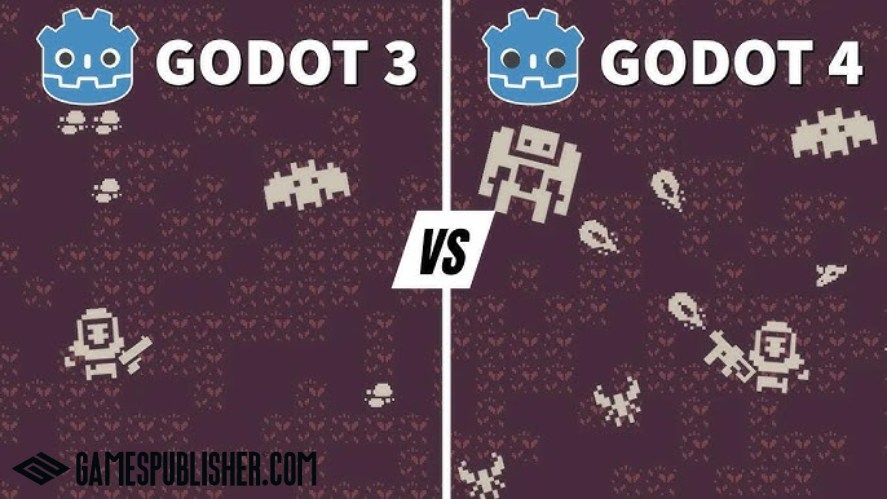
Because of these cool updates, Godot 4.x needs a more substantial graphics card and a better processor.
For example, Godot 4.x needs a graphics card that can use Vulkan, which is more potent than Godot 3.x needs.
So, if you want to use Godot 4.x and make the best games with its new features, having a faster computer with more power, like a strong CPU, extra RAM, and a modern graphics card, is best.
Read More: Best PC Setup for Game Development: Beginner-Friendly Tips
Comparative Analysis: Unity vs Unreal vs Godot
When making games, game developers and publishers can choose between Unity, Unreal, and Godot.
Every game engine has strengths and works in its own way on different computers, which affects how games run and look.
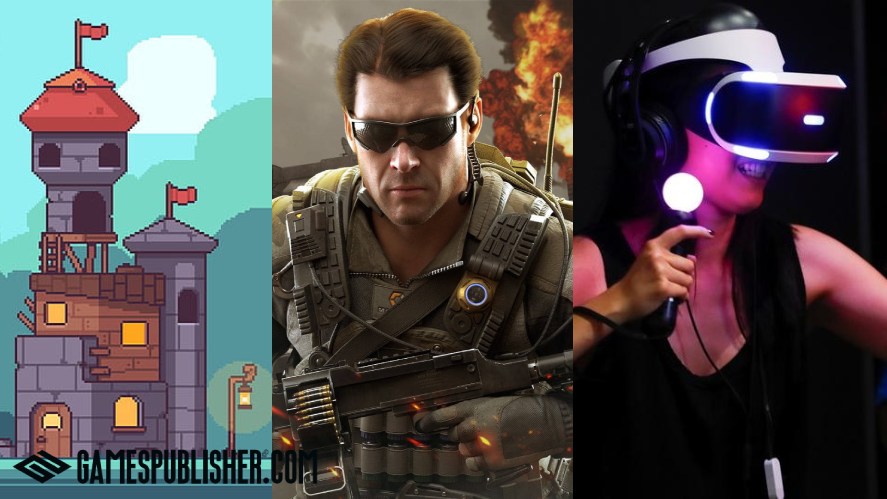
Hardware Scalability
We’ll look at how game engines work on different computers, seeing how they run on both low-end and high-end PCs.
Firstly, Unity is really good because it can run on both simple and robust computers. It is excellent for making 2D games and 3D games, and it even works for VR (Virtual Reality) games.
Next, Unreal Engine has really beautiful graphics and many developers have had success with games using it. But it needs a solid computer to work well, so it can be hard to use on simple ones.
Similarly, it can make cool VR games, but you need a good computer for the best one.
Finally, Godot is lighter, so it works well on simple computers, especially for 2D games. While it can do some 3D games, it’s not as strong as Unity or Unreal for super detailed graphics.
In short, Unity is suitable for all kinds of games, Unreal is best for pretty 3D games but needs strong computers, and Godot is perfect for 2D games and works on simple PCs.
After all, deciding which game engine is the best for you really depends on what you need for your project and how big or small your game is going to be.
Performance vs. Visual Fidelity
Looking at the power a computer needs to make games look great, we can see that each game engine has different requirements.
To begin with, Unreal Engine is known for having beautiful graphics, and it can make games look very real.
But to get these fantastic graphics, you need a strong computer with a powerful graphics card. So, it’s best for developers who want high-quality visuals and can use robust hardware.
Unity also has good graphics, but it doesn’t need as much power as Unreal.
You can still make nice-looking games, but Unity is more flexible and works better on computers that aren’t as powerful.
It’s great for developers who want good visuals without needing top-end hardware.
Being a lightweight option, Godot is much lighter and works well on simple computers.
While it can improve the appearance of games and make them look nice, it does not compare to Unreal Engine or Unity in producing highly detailed graphics and impressive visuals.
This makes it a good choice for smaller projects or 2D games that don’t need super high-quality visuals.
Development Efficiency and Hardware Requirements
In game development, different engines can help us work in various ways.
Unreal Engine is really powerful, but it can be a bit slow. Sometimes, it takes longer to compile, preview, and render things, so you must wait longer.
With a strong computer, you can speed things up and make your game faster.
Unlike Unreal, Unity is usually quicker.
It can let you see your changes right away, so you don’t have to wait too long.
Similarly, if your computer is strong, it can make everything run even smoother and faster, which helps you get your game done quicker.
Regarding Godot, it is the fastest of the three-game engines, allowing developers to build their games more quickly and easily.
It loads quickly and lets you see your work almost right away.
It’s suitable for simple games, and having a solid computer can help, but it’s not always necessary because Godot is lightweight.
Conclusion
Choosing the right game engine based on a developer’s available hardware is essential for making your games.
Unity is an excellent tool engine for making many types of games. It works well on different computers, which helps many game developers.
Then, Unreal Engine produces stunning and impressive graphics that look amazing, but it also requires a very powerful computer with high specifications to run smoothly and effectively.
In contrast, Godot is relatively easy to use and is perfect for making smaller games that are fun and enjoyable for players.
Each engine has unique things that help different types of games.
You should try each to see which suits your game and your budget for suitable hardware.
Loading survey...

